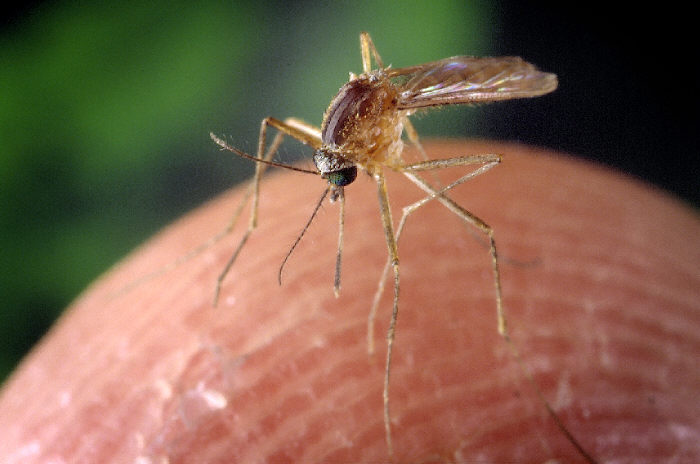The common Culex quinquefasciatus mosquito does not carry the Zika virus, according to the latest research by the Zika research team at The University of Texas Medical Branch at Galveston.

Image/CDC
The UTMB team made their results public before publication in a scientific journal to help mosquito control efforts in North America in response to the recent arrival of Zika virus.
Different types of mosquitoes are active at different times of the day and in different areas, so knowing which mosquito is able to spread the Zika virus can be important in controlling the spread of the virus. The Aedes aegypti mosquito is active during the day and often live inside homes. The Culex most often feeds at dusk and dawn.
The UTMB researchers captured and colonized two species of wild mosquitoes in the Galveston-Houston area suspected of carrying the Zika virus, Aedes aegyptiand Culex quinquefasciatus. Both of these mosquitoes are very common in cities throughout the tropics as well as in the southern United States. The mosquitoes were fed blood containing the Zika virus, either from an infected mouse or with blood cells mixed with cell culture-derived virus. Bloodmeals contained 10e6-10e7 infectious units/mL of Zika virus. The team used the 2010 Cambodia Zika virus isolate, which has yielded results similar to the 2015 Mexican Zika isolate. The bodies of the mosquitoes and saliva samples collected from them were tested 3 to 14 days later. Measuring levels of virus in mosquito saliva is an index of transmission potential.
These results, along with the recently published findings from an outbreak in Southern Mexico, confirm that Aedes aegypti is an efficient vector of Zika virus and suggest that Culex quinquefasciatus is not. An efficient vector is one that readily acquires and subsequently transmits a virus to other living creatures. Similar results were obtained in another recently published study using the closely related Culex pipiens.
Please note that geographic populations of a mosquito species can vary in their ability to transmit viruses like Zika, so we cannot be sure that Culex mosquitoes in other regions of the world are equally refractory to Zika virus infection.
Related:


please let us in touch